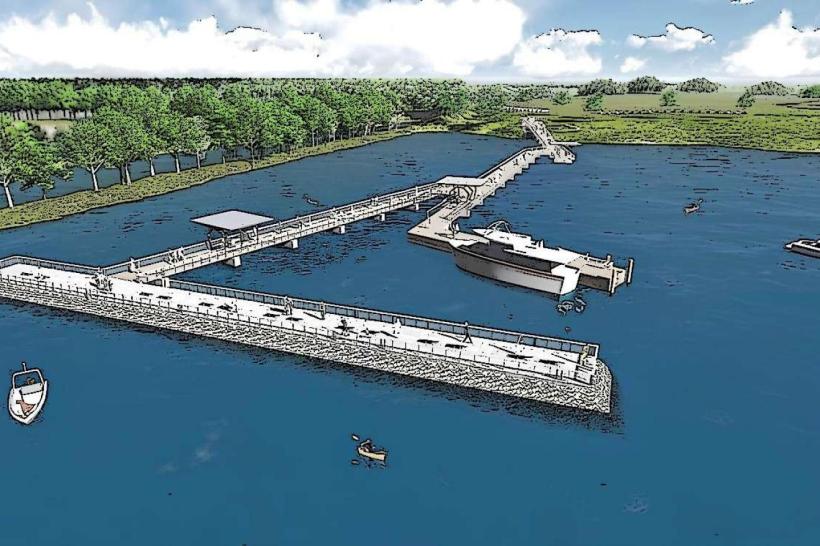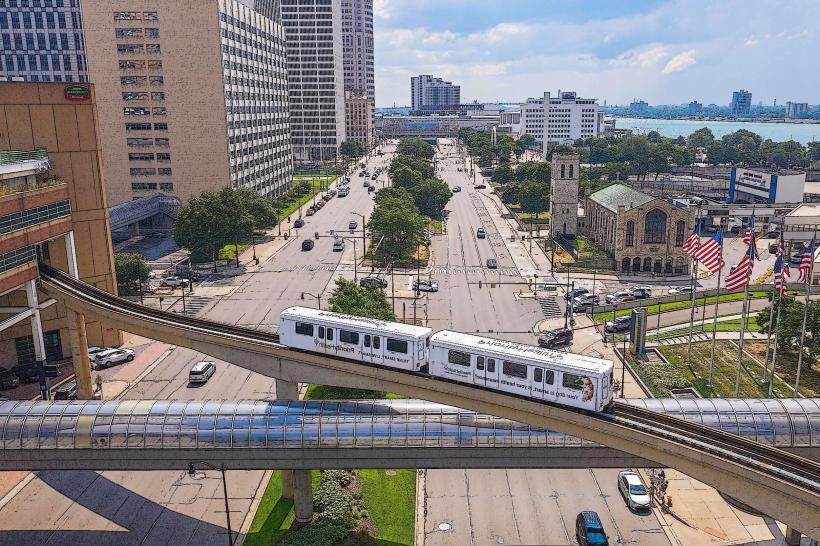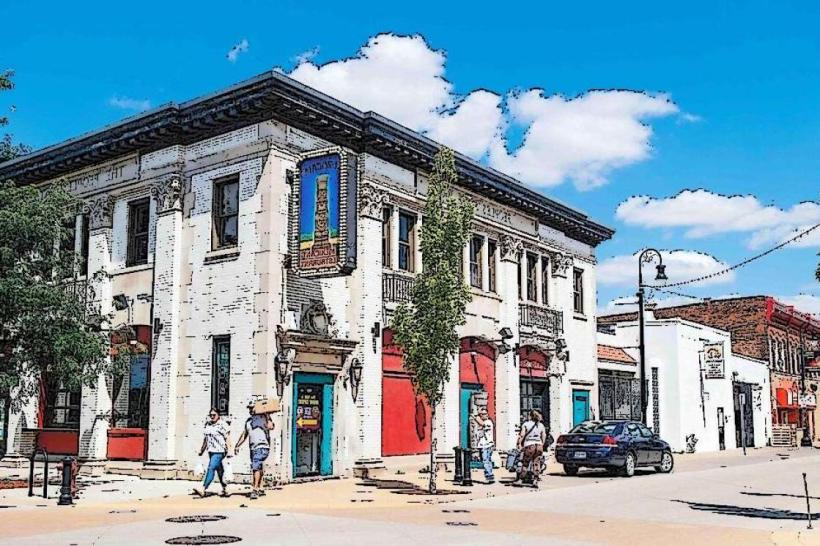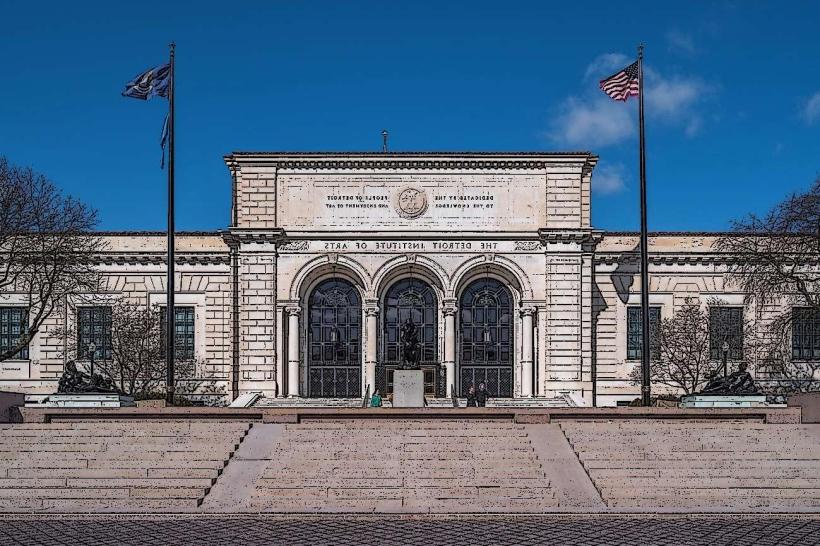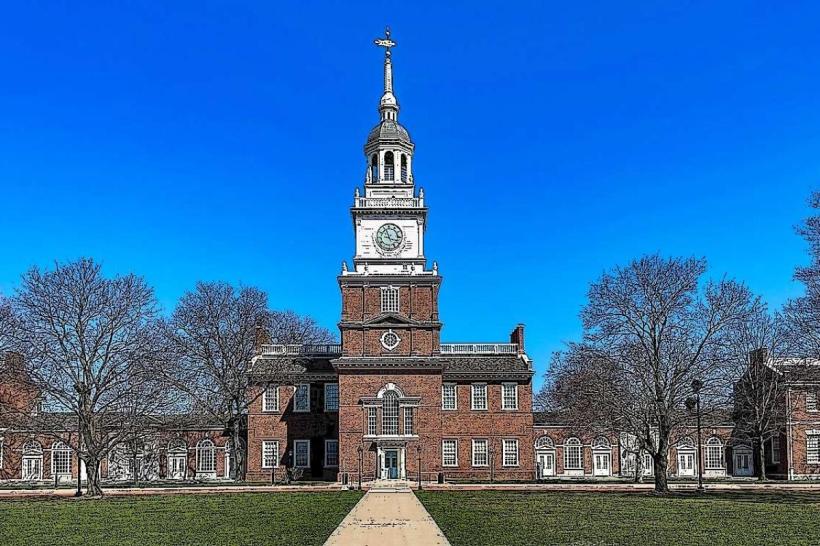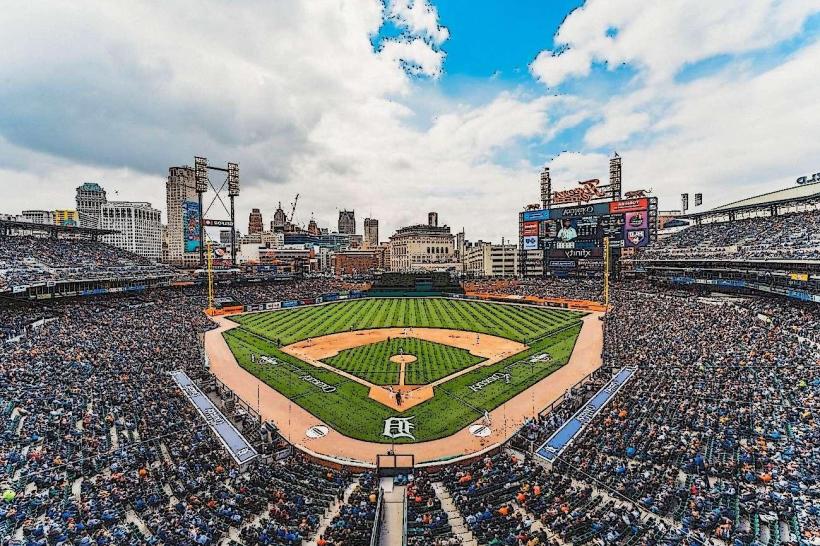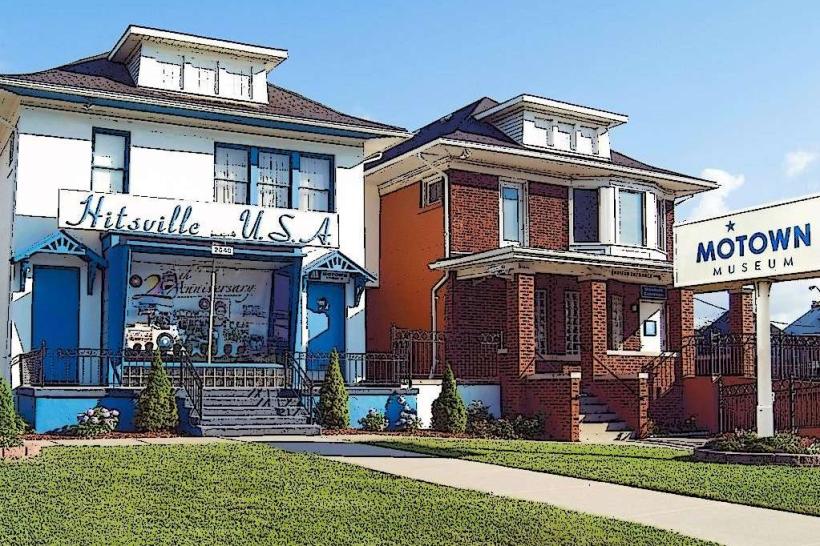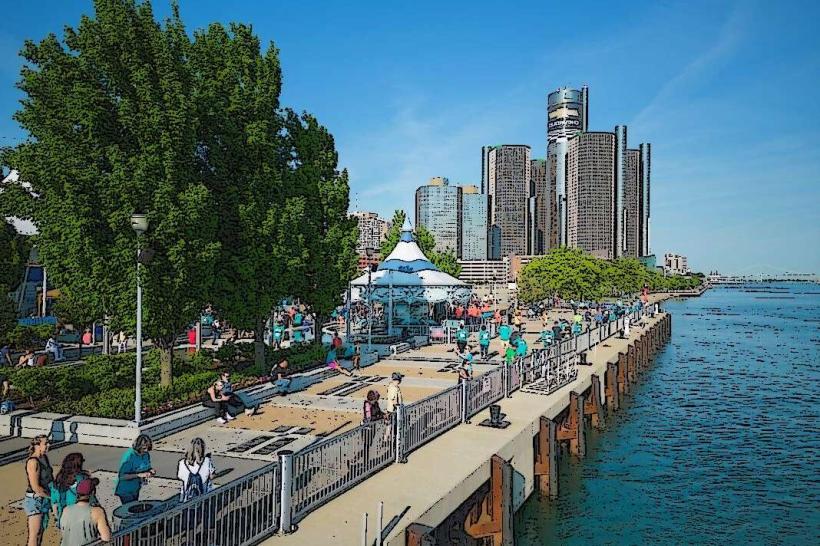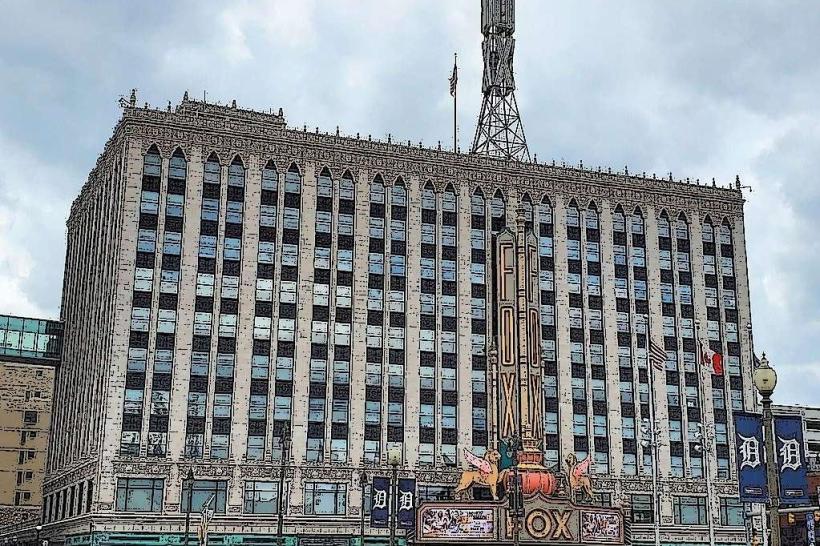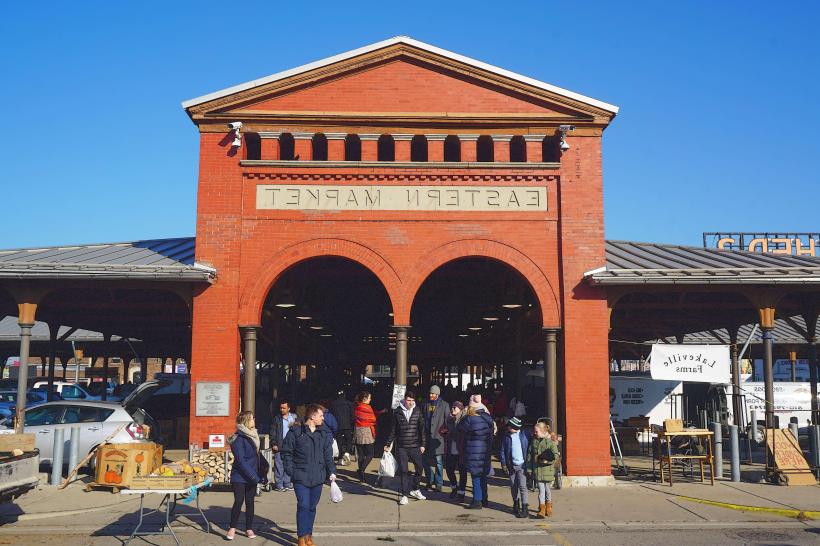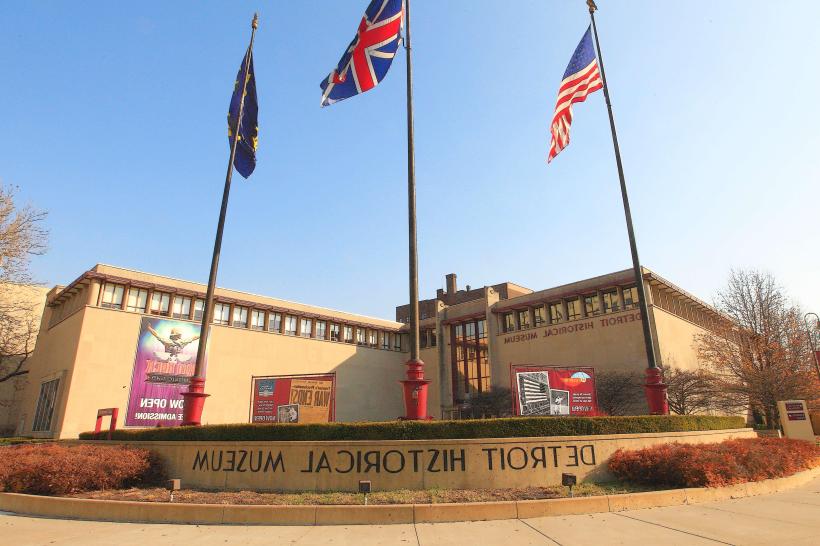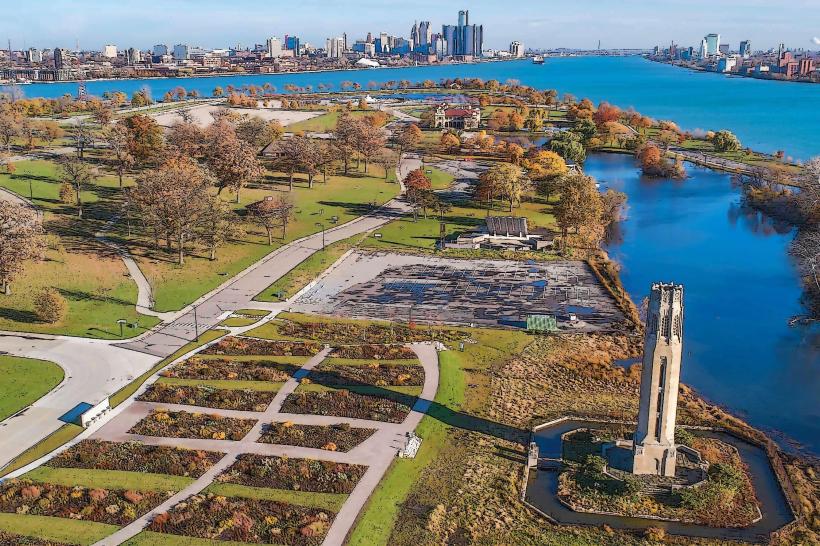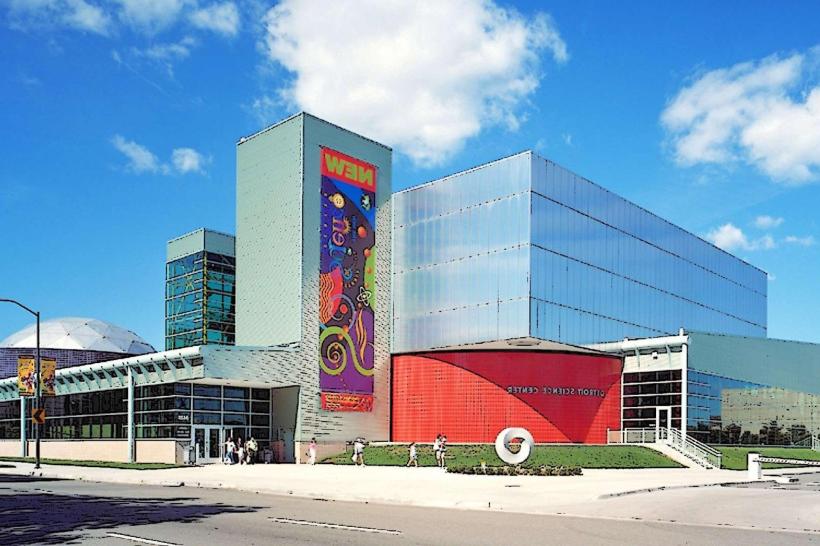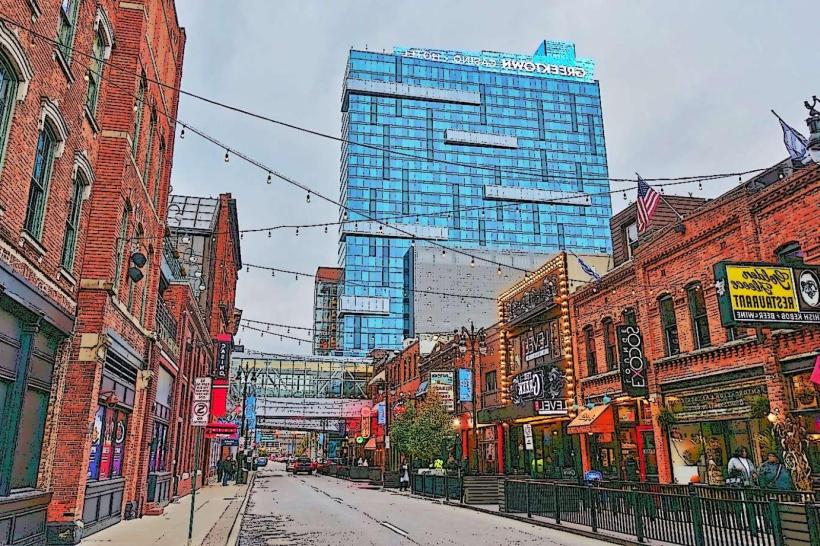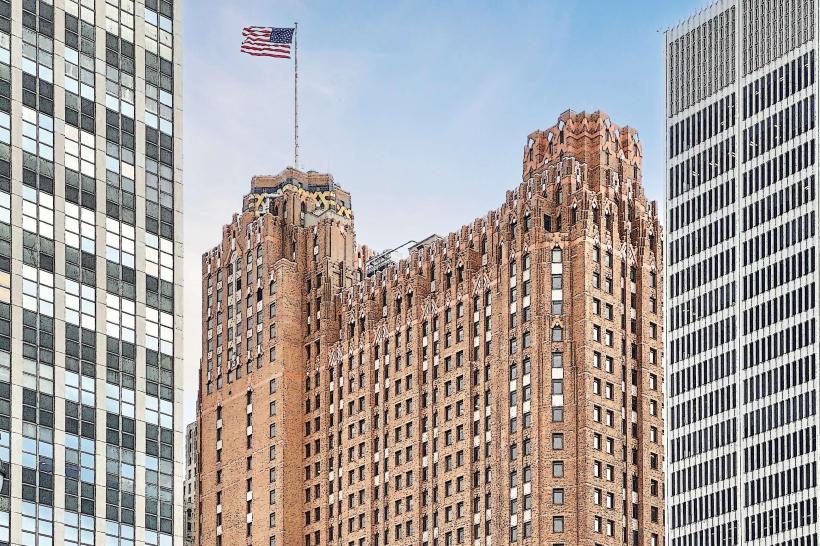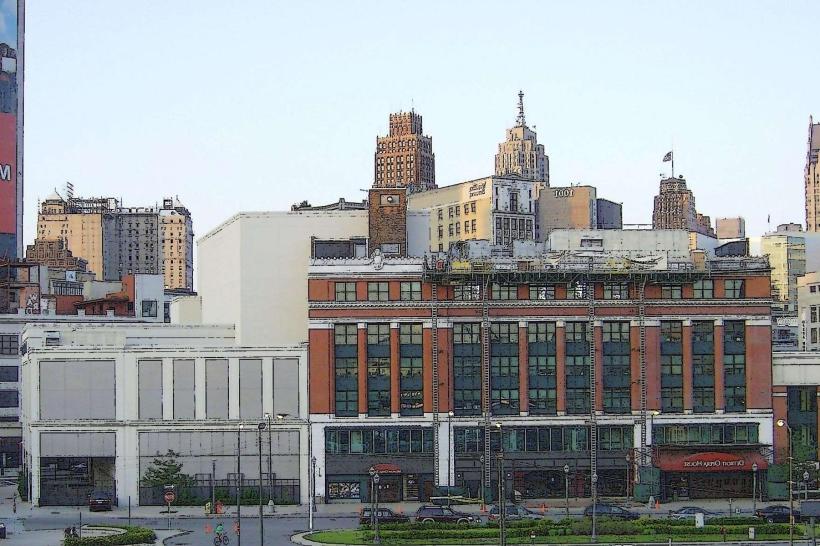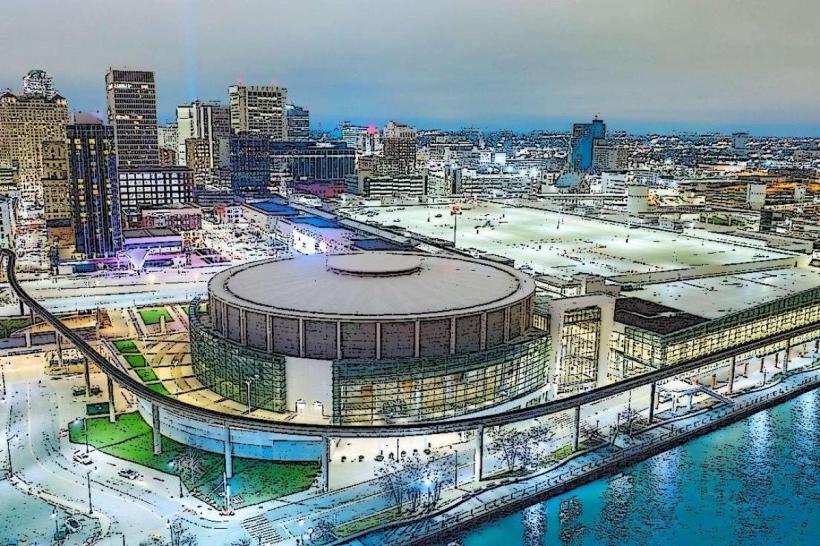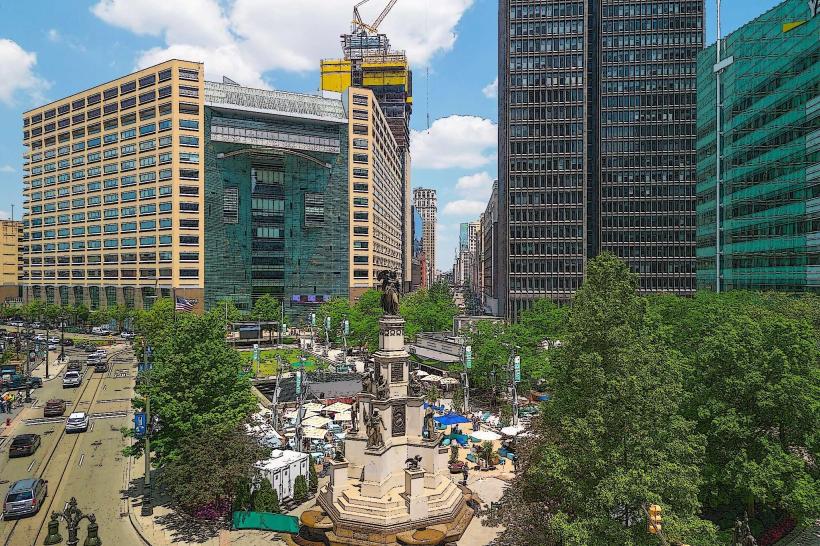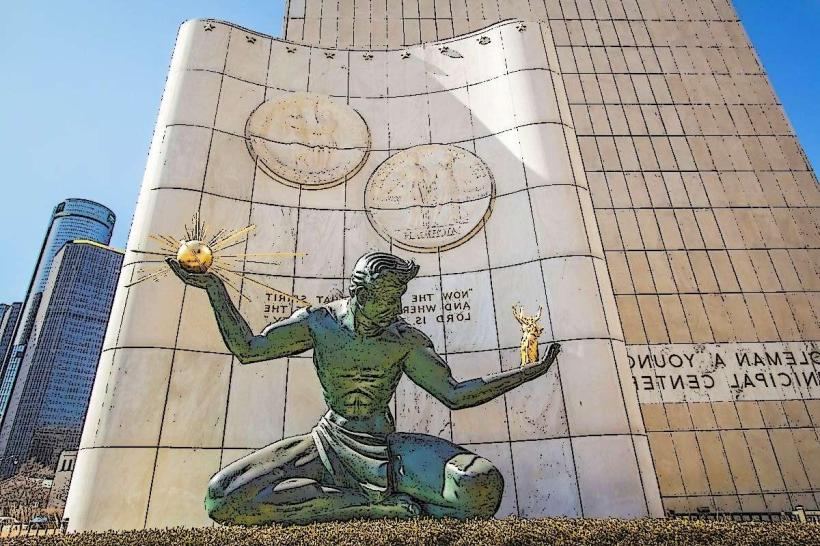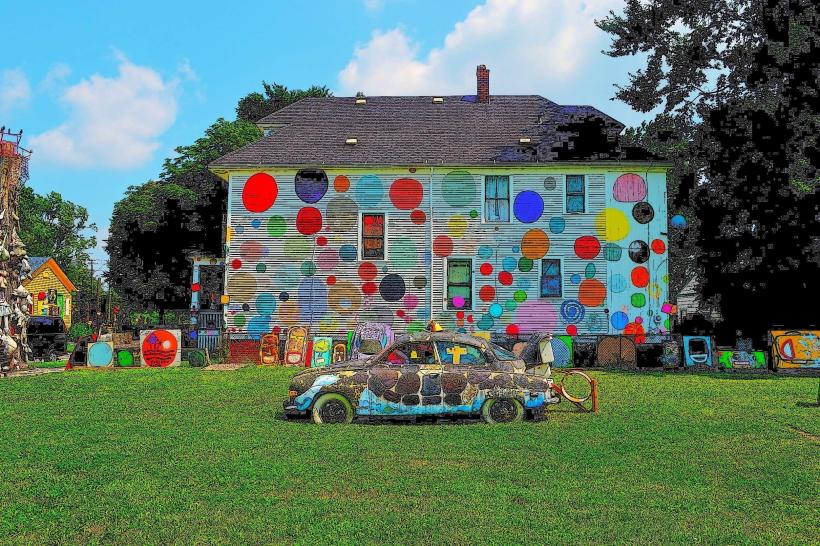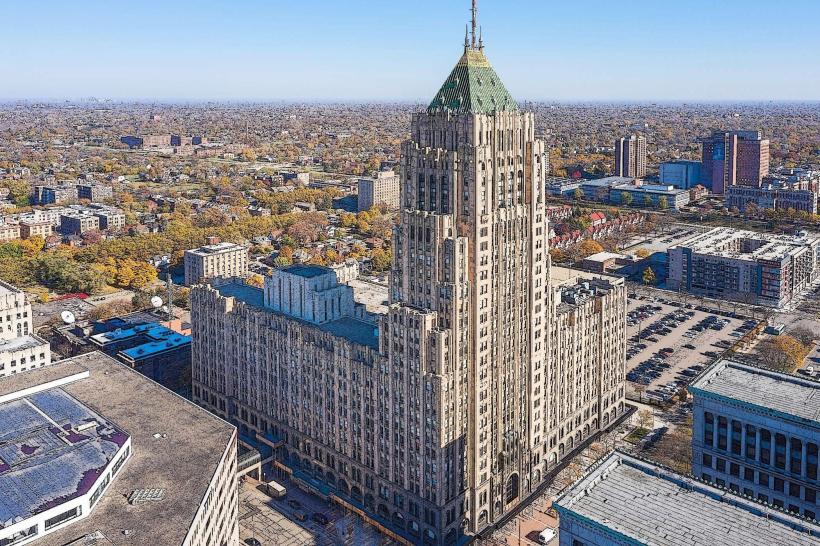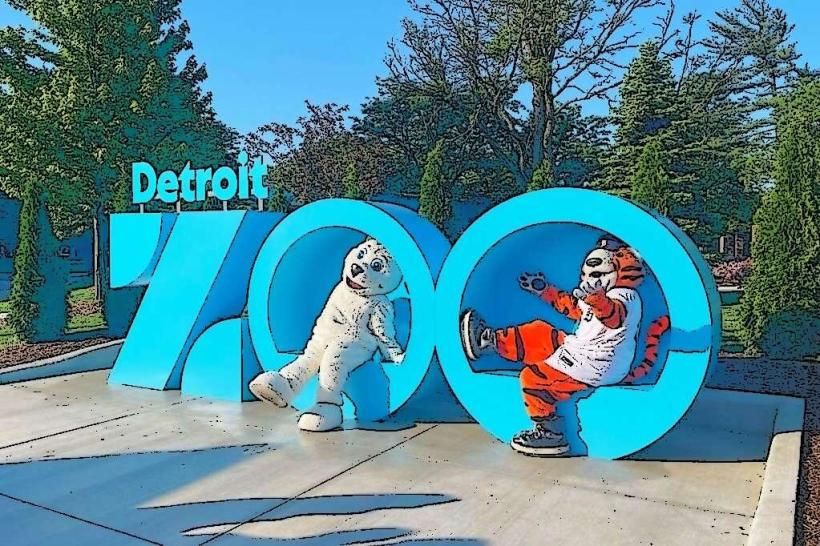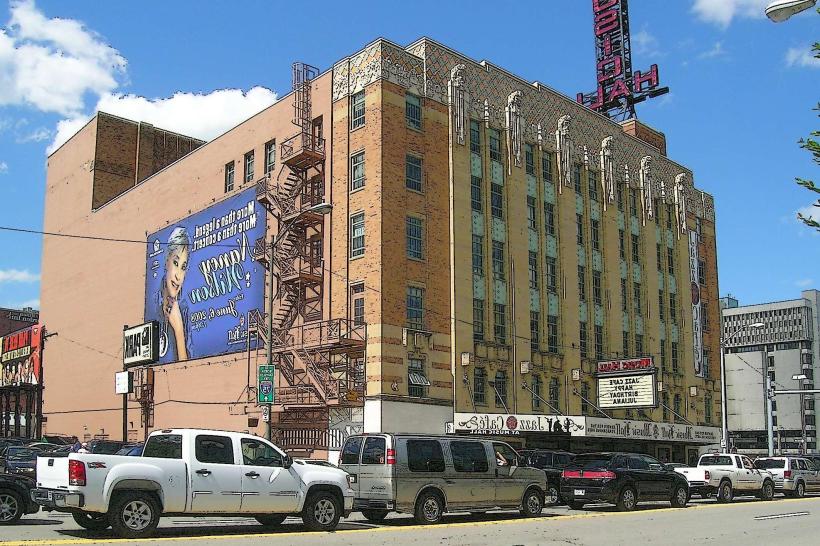Information
City: DetroitCountry: USA Michigan
Continent: North America
Detroit, USA Michigan, North America
Detroit serves as the county seat of Wayne County and is the largest city in Michigan. It is situated on the Detroit River, which connects Lake Erie and Lake St. Clair, directly across from Windsor, Ontario.
Historical Timeline
Founded in 1701 by Antoine de la Mothe Cadillac, Detroit transitioned from a French fur-trading post to a British stronghold and finally an American industrial titan. Primary governance eras include its 19th-century status as the "Paris of the West" and its 20th-century explosion as the "Motor City" following Henry Ford’s implementation of the assembly line. A critical historical event was the city's role as the "Arsenal of Democracy" during WWII. The late 20th century was marked by industrial decline and the 1967 rebellion, followed by a massive 21st-century urban reclamation project led by tech and financial investments.
Demographics & Population
The population within city limits is approximately 630,000, with a metropolitan area exceeding 4.3 million. The demographics are Black or African American (77%), White (14%), Hispanic or Latino (8%), and Asian (2%). The median age is 35.1 years.
Urban Layout & Key Districts
The city is organized on a hub-and-spoke radial system centered on Campus Martius Park. Downtown is the business and entertainment core. Midtown houses the Cultural Center and Wayne State University. Corktown is the oldest neighborhood, now a tech hub anchored by the Ford Michigan Central Station. The Eastern Market is one of the nation's largest historic public markets. The Villages and Palmer Park are preserved historic residential districts.
Top City Landmarks
Detroit Institute of Arts (DIA)
The Henry Ford & Greenfield Village (In nearby Dearborn)
Motown Museum (Hitsville U.S.A.)
Renaissance Center (GM Global Headquarters)
Belle Isle Park (Olmsted-designed island park)
Transportation Network
Movement is serviced by the Detroit Department of Transportation (DDOT) and the suburban SMART bus system. The People Mover (elevated loop) and QLine (streetcar) serve the downtown/Midtown corridor. Detroit Metropolitan Airport (DTW) is a major Delta hub located 30 km west. Ride-sharing via Uber and Lyft is universal. Traffic density is high on the "Lodge" (M-10), I-75, and I-94.
Safety & "Red Zones"
The general safety level is moderate in revitalized corridors and low in isolated outlying districts. Caution is advised at night in specific areas of the East Side and neighborhoods bordering the Seven Mile Road and Joy Road corridors, which experience higher rates of violent and property crime. Common scams involve unauthorized "parking valets" on vacant lots near stadium districts (Comerica Park/Ford Field).
Digital & Financial Infrastructure
Internet speeds average 300 Mbps with fiber availability via Rocket Fiber (Quicken Loans affiliated), AT&T, and Comcast. Main mobile carriers are Verizon, AT&T, and T-Mobile. Card acceptance is universal. ATMs are ubiquitous in the downtown core and within Huntington Bank or Rocket Mortgage facilities.
Climate & Air Quality
Temperatures range from -7°C to 1°C in winter and 18°C to 28°C in summer. Air quality is moderate, occasionally impacted by industrial activity. Specific weather risks include heavy lake-effect snow and "Polar Vortex" events that result in sub-zero temperatures.
Culture & Social Norms
The standard tipping percentage is 18–25%. A handshake is the standard greeting. Dress codes range from "Blue-Collar Casual" to "Modern Executive." Smoking is prohibited in all public indoor spaces. The city is culturally defined by its musical heritage (Techno and Motown) and a fierce "Detroit vs. Everybody" local pride.
Accommodation Zones
Downtown: Recommended for walking access to the Riverwalk, stadiums, and casinos.
Midtown: Recommended for proximity to museums, the university, and boutique hotels.
Local Cost Index
1 Espresso: $4.50 (USD)
1 Standard Lunch: $16.00 (USD)
1 People Mover Fare: $0.75 (USD)
Nearby Day Trips
Ann Arbor (University of Michigan) (70 km)
Windsor, Ontario (Canada) (5 km via Tunnel/Bridge - Passport Required)
Frankenmuth (Bavarian Village) (150 km)
Cranbrook Art Museum (Bloomfield Hills) (35 km)
Facts & Legends
Detroit is the only major U.S. city where you must travel south to enter Canada. Historically, it was the first city in the world to have a paved concrete road (Woodward Avenue). A local legend involves the "Nain Rouge" (Red Dwarf), a mythical creature said to appear before major disasters in the city, such as the 1805 fire or the 1967 riots; residents hold an annual parade to "banish" the creature.

